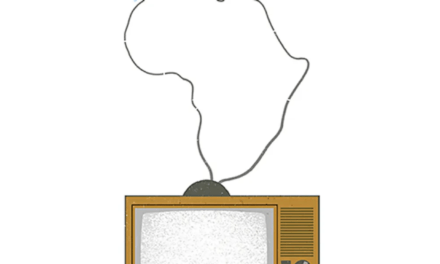Dementia Futures Call for Papers
22-24 January 2025
Martin Harris Centre, University of Manchester
Conference organisers: MaoHui Deng, Sarah Fox, Kate Maguire-Rosier, and Réka Polonyi
Cultural narratives and research around dementia are not usually focused on ideas of a future with dementia. Instead, they often hinge on the decline, the cure and the elimination of, dementia. However, for the 1.1 million British people alone estimated to be living with dementia by 2030, this deficit model fails to imagine sustainable futures with dementia. More helpfully, other narratives pivot on the present, that is on living with dementia in the here and now, ‘in the moment’ (Keady et al. 2022). Building on this presence of dementia – rather than its absence – this conference takes up Linn J. Sandberg and Barabara L. Marshall’s call to theorise ‘radically different aging futures that might accommodate rather than pathologize difference’ (Sandberg and Marshall 2017: 8) and invites conference participants to imagine moments with dementia yet to come.
We use “dementia futures” here in a deliberately general and plural manner to account for the different worlds that could be provoked and imagined. The conference is an invitation to be zealously relational, to not congregate around a “universal” way of understanding dementia, and to embrace what decolonial studies scholars like Arturo Escobar (2020), Walter Mignolo and Catherine Walsh (2018), and Marisol de la Cadena and Mario Blaser (2018) would describe as a “pluriverse”, where multiple forms of knowledge and ways of living can co-exist alongside one another in an interrelational way. In other words, this conference adopts a decolonial approach towards dementia studies. Confronting this multitude of challenges, the conference actively seeks to elicit ways of sustainably living with dementia (in all senses of the phrase) in and for the future.
Unlike previous conferences about dementia, which are usually tightly delineated across disciplinary lines, this conference invites interdisciplinary lines of enquiry. We proactively encourage contributions from activists and artists alongside scholars with lived experience of dementia, and also co-authored presentations with people living with dementia. Likewise, we will welcome creative, accessible approaches like relaxed performances and dementia-friendly film screenings.
Some of the topics that might be included in the conference are:
- Dementia-led practice and activism
- Materiality and repair
- Technology, AI, robotics, digitality and care
- Dementia and disability
- Science fiction and speculative fiction
- Environmental, ecological, and more-than-human approaches to dementia
- Dementia and improvisation
- Dementia and futurity
- Dementia as method
- Artistic (re-)imaginings of dementia
Please note: This is a public-facing conference, and your proposed papers should be accessible to a general public, and to scholars from different disciplinary backgrounds.
Please send your abstract (no more than 250 words) to MaoHui Deng (maohui.deng@manchester.ac.uk) by Friday 28 June with the subject ‘Dementia futures’. Decisions will be communicated to you by Friday 19 July.
References
Cadena, Marisol de la, and Mario Blaser (eds.), 2018. A World of Many Worlds, Durham, NC: Duke University Press.
Escobar, Arturo, 2020. Pluriversal Politics: The Real and the Possible, Durham, NC: Duke University Press.
Keady JD, Campbell S, Clark A, et al, 2022. ‘Re-Thinking and Re-Positioning ‘Being in the Moment’ within a Continuum of Moments: Introducing a New Conceptual Framework for Dementia Studies’, in Ageing and Society 42: 3, pp. 681 – 702.
Mignolo, Walter D., and Catherine E. Walsh, 2018. On Decoloniality: Concepts, Analytics, Praxis, Durham, NC: Duke University Press.
Sandberg, Linn J., and Barbara L. Marshall, 2017. ‘Queering Aging Futures’, in Societies 7: 3, pp. 1 – 11.





